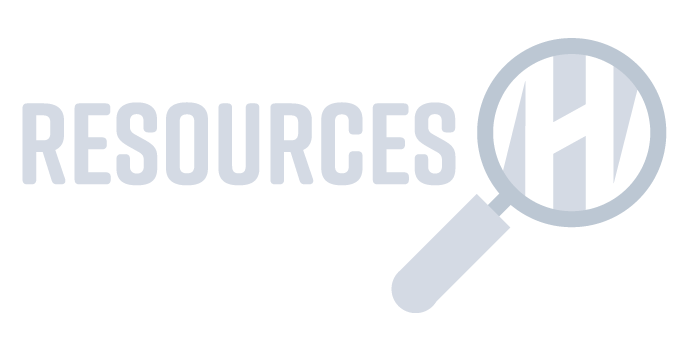Mary Balkun, PhD, Professor of English and Director of Faculty Development, Seton Hall University
The grotesque has been used as a vehicle for social and political critique and commentary in American literature since its inception. In early works, such as captivity, enslavement, and travel narratives, grotesque characters and situations can help us understand what those authors, and very likely their readers, considered to be grotesque. In this way, they contribute to our understanding of the ways biases and preconceived notions have become codified in American thought. In the hands of later authors, such as Edgar Allan Poe, Harriet Jacobs, Mark Twain, Sherwood Anderson, and Ralph Ellison, the grotesque was used to expose disparities, inequities, and misbehavior of various kinds, a tradition that continues today. Beginning with an introduction to the grotesque, we will examine excerpts from a range of American texts in order to better understand the ways the grotesque has not only contributed to our literary tradition but also the ways it has provided a critical lens on American culture and civic life.
Mary Balkun’s area of specialization is early American literature, with a focus on women’s writing, poetry, and material culture. She is the author of The American Counterfeit: Authenticity and Identity in American Literature and Culture (University of Alabama Press, 2006), co-editor of Transformative Digital Humanities: Projects, Case Studies, and Challenges (Routledge), co-editor of Women of the Early Americas and the Formation of Empire (Palgrave 2016), associate editor of The Greenwood Encyclopedia of American Poets and Poetry (2005). She has published articles on early American topics, educational technology, and curricular change. She is currently at work on two book projects: New World Upside Down (University of Alabama Press), a study of the early American grotesque, and the forthcoming Companion to American Poetry (Wiley-Blackwell 2022).


